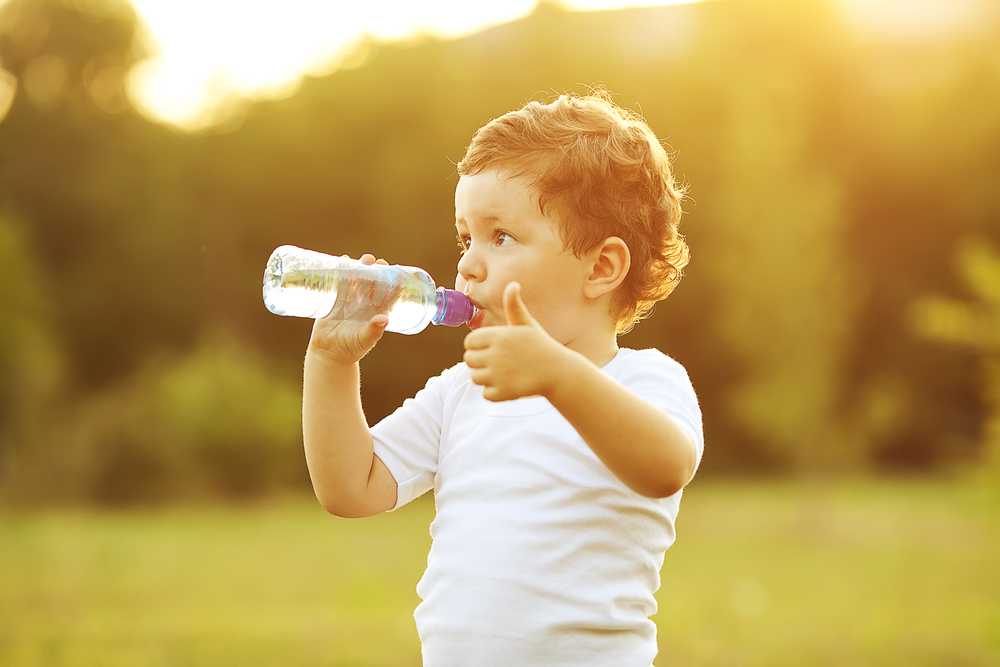Signs you have an electrolyte imbalance
Electrolytes won’t make your body operate, but allow it to run smoothly. Similar to the battery in an automobile, these minerals in your blood and other body fluids create voltages that transmit electrical impulses – in the form of nerve impulses and muscle contractions – across your cells.

This electrical energy keeps your organs functioning properly. Electrolytes are essential to ensure the optimal performance of your nervous, digestive, muscles, and cardiac systems. This article will focus on essential aspects, such as how your body regulates electrolytes. What are signs that you have unbalanced electrolytes, and the most important aspect is how to replenish missing electrolytes?
The body’s ability to regulate electrolytes
The kidneys of your body are the center of electrolyte monitoring. They monitor changes in your body as a result of shifts between electrolyte levels.
Training for intense workouts is the most commonly used method to shed electrolytes. The hotter the temperature along with the more strenuous exercise, the more water is lost.
Based on the American College of Sports Medicine according to the American College of Sports Medicine, an average person loses about 2 to 6 percent of their body weight during exercise sessions due to sweating.
Another major cause of electrolyte loss occurs when you experience chronic diarrhea or vomiting. This fluid needs to be replaced to prevent dehydration and to maintain vital bodily functions correctly.
Also, if an extreme sportsperson, follow an intense exercise program. If you suffer from a medical condition that needs to be monitored closely for water intake and exercise regimen, Edrea Jones, M.D. a neurologist, suggests speaking with your physician to make sure that you know your limits and liquid requirements.
“Staying hydrated is key to proper body function,” Dr. Jones.
The signs of an imbalance in electrolytes
If the amount of electrolytes within your body is excessive or too low, you are at risk of developing:
- Dizziness
- Cramps
- Irregular heartbeat
- Mental confusion
- The most typical indication of low electrolytes is muscle cramping, which can be excruciating and debilitating.
Maintaining electrolyte levels
The best method for keeping electrolytes balanced in your body is to be aware of your thirst. The doctor Dr. Jones recommends drinking about 2 cups of fluid for two hours prior to physical activity. In the meantime, drink 4 to 6 ounces per fifteen to twenty minutes throughout your physical activities. Then, drink a glass of water when you are done exercising.
How do you replenish electrolytes?
Staying hydrated is key to maintaining a balance of electrolytes. The most natural option for hydration is water, with some good electrolyte powder added to it. It’s more affordable and more readily available than other beverages. Coconut water can be a good alternative to replenish electrolytes. Coconut water isn’t high on the glycemic scale, which means it doesn’t significantly affect your blood sugar levels. Studies have also shown that it could help lower cholesterol and blood pressure a health benefit for those who drink it.
Sports drinks contain electrolytes and carbohydrates, which help replenish body energy. Many sports drinks contain either potassium or sodium chloride added as electrolytes that are the most important ones eliminated when exercising. The added sugars and flavors are often used to entice people to drink an increased quantity than water.
Drinks to avoid
Drinks that contain carbonated soft drinks, juices of fruit, and energy drinks ought to be avoided for drinking as hydration sources. They contain far too much sugar and empty calories. The carbs that are present in these drinks give only short bursts of energy but do not the long-term advantages. “Staying well-hydrated benefits our bodies in so many intricate ways,” says Dr. Jones. “Our bodies are extremely complex, and water is at the core of life, and we cannot do without. It’s why no one could live more than three to five days without the intake of water.”
